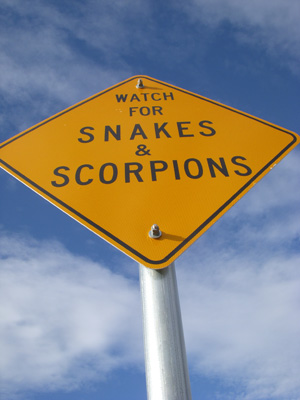 The only thing we talked about was bread. How to keep the crust from splitting in the oven’s heat. How to keep the rise from falling. What the kneading did for the hands.
The only thing we talked about was bread. How to keep the crust from splitting in the oven’s heat. How to keep the rise from falling. What the kneading did for the hands.
It was 3:00 a.m., as dark as early morning gets, and 26º below. I looked it up. At least once per mile, the right side of the car blew onto the shoulder, and I had to ease us back over black ice into our lane. There was no other traffic. I still wonder how hard the wind gusted—that’s what I remember most—but I couldn’t find the record. Let’s be generous and say 20 mph, which made for a wind chill of -55º. With snow-depth at 18 inches (I looked it up), a good amount of snow was blowing around too. Stafford’s flight left Minneapolis at 6:15 a.m. He would need to be at Olivet College in Michigan that afternoon.
He had recently discovered sprouted wheat bread. The recipe required a few days of forethought: the wheat berries soaking out of daylight, then the twice-daily rinsing until they sprouted and the tiniest roots had begun to form. He promised it would be nutty and sweet if I tried making some.
“You won’t be disappointed.”
Nine months before, I invited him to Mankato to talk to us and read from his work. Stafford agreed to all parts of the suggested program. I had asked him what he charged.
“Be generous if you think of including me,” he wrote back. “I don’t know what to say about my value…”
We might have talked about the new poems he read the night before, about Cannon Beach or Multnomah Trail in Oregon, about Richard Hugo or David Wagoner or Madeline DeFrees, about the other World War II conscientious objectors. But he seemed to want to keep the conversation focused, detail-oriented. It was 3:00 a.m. Neither of us had even imagined owning a cell phone in 1988. There was no other traffic. If we’d gone in the ditch, we might have frozen to death.
You think about someone whose work you particularly admire, about someone whose larger life has visible benchmarks you’d like, as a fellow artist, to remember. You think about that person and expect you’d take any advantage a moment together would offer you. By the time you are driving back to the airport, though, you have asked all the writerly questions during a radio interview. You have had another chance, with others, at a craft talk. What was missing was the perfect moment to ask the perfect question about just you, something that would re-chart your course for the foreseeable future. But by then you were almost friends, and to press such things would have been aggressive and rude. Stafford wanted to talk about bread.
Three years later, I invited him back to Mankato.
“Another encounter there is an enticing prospect,” he wrote back, “but something drastic has happened—I got a big grant and have to abjure engagements for a while to perform my writing and be grateful! Don’t forget me, please. I’ll recover from the grant one of these days…”
The sourdough starter my wife and I had made was going on ten years old. I preferred oat flakes sprinkled on the dough to seeds or an egg wash. Stafford and I agreed about pans. About unbleached, of course, over bleached. Stoneground over any other. We agreed about when, if, and with what kind of blade to make slashes in the risen dough. Molasses over sugar. Honey over molasses. We agreed God could not improve upon buttered toast.
I could just see the road.
—
Richard Robbins has published prose in Weber Studies, Chariton Review, Static, and Cream City Review. A new book of poems, The Untested Hand, was published in February 2009.
photo by Sarah Truckey
